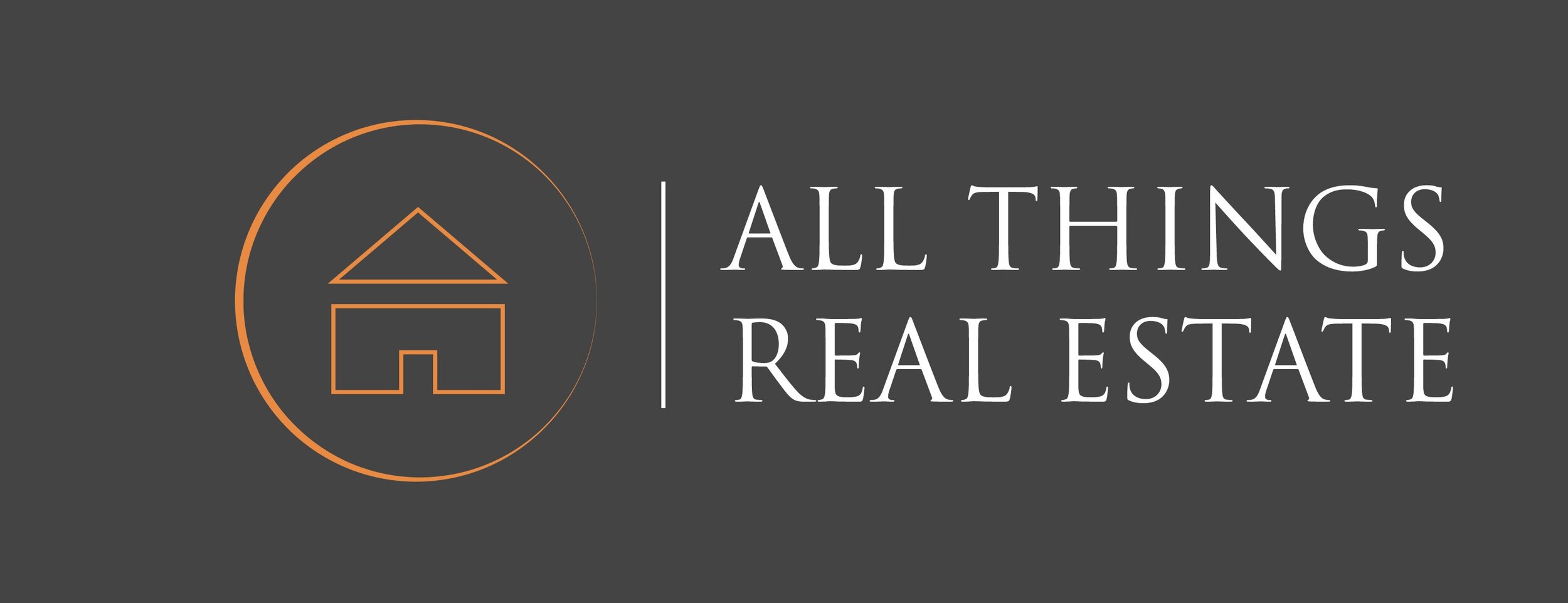The Pros and Cons of Fake Grass for your Investment Property
If you have a yard at your investment property, it may be tempting to use fake grass to add some greenery to the property while reducing the maintenance typically associated with real turf. Maintenance aside, there are other impacts to think about when it comes to using fake grass. In this article, we outline why it may be better to use real turf and leave the artificial grass for tennis courts.
Fake grass has environmental impacts
While it may seem convenient and low maintenance, fake grass is made from plastic. And with plastic already a global problem, choosing to install artificial turf can potentially add to a problem we’re trying to address. Materials aside, many fake options are imported due to their lower price, which also adds to environmental impacts when you take production and freight into account.
Real turf can have positive health impacts
If your investment property is a family home and your current and potential tenants have young children, exposure to the soil under real grass can be good for building young immune systems. Further, it gives kids somewhere natural to play and explore while being on your property’s front or back doorstep, which is perfect for lunch breaks or enjoying the last of the sun in the evenings.
Grass can handle the elements better
Some grass doesn’t handle tough conditions well, and things such as lawn grub can result in patchy, muddy lawns. Being part of nature, however, real turf can better respond to the elements. On hot days artificial turf can become too hot to walk on it barefoot, which is especially unsuitable for little feet.
On the contrary, think about lawn maintenance
A common argument for artificial turf is that those with real turf may need to buy a couple of lawnmowers over the life of the grass, along with the need for weed killers and sprays (if you opt to use these products). Other regular maintenance considerations for real lawns include regular mould treatments and the need to wash the lawn if animals and pets leave droppings on the grass.
Overall, you could argue that the environmental impacts of having artificial turf or real turf are quite balanced. If this is the case, choosing between fake and real grass may come down to personal preference. No matter which option you choose, make sure the maintenance responsibilities are clear when you list and lease your property and that you create an attractive outdoor space that will invite quality tenants to apply.
Remember, this article does not constitute financial or legal advice. Please consult your professional financial and legal advisors before making any decisions for yourself.
